Poem of the Day: Mark Doty’s “Ararat”
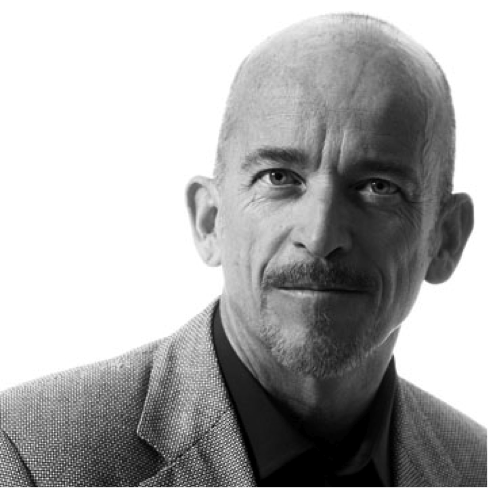
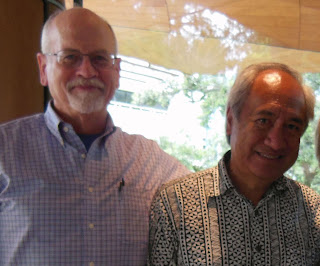
David McAleavey and Witi Ihimaera As the semester begins, the English Department Blog is happy to revive its “On the Road” series, occasional short pieces detailing the comings and goings of our illustrious faculty. As this photo shows, Professor David McAleavey got together with a former GW World Literature Fellow, the Maori writer Witi Ihimaera….
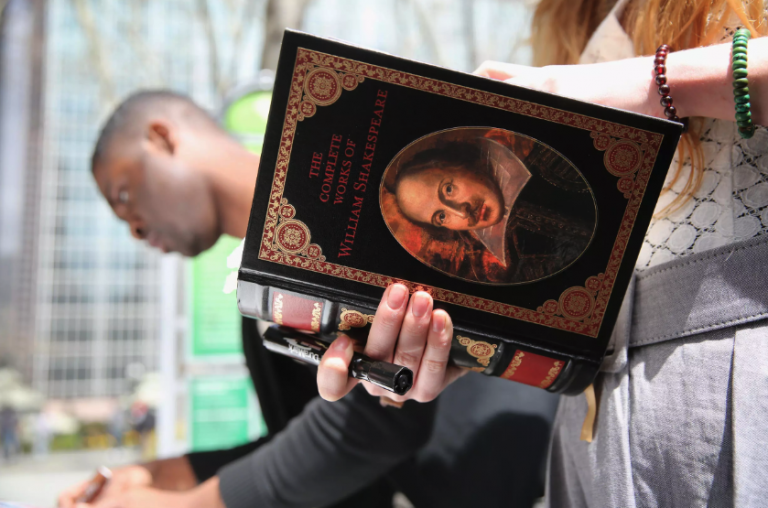
(Paris, AFP) All the world’s a stage but the irony is the rest of the globe often has an easier time understanding William Shakespeare than English speakers. Thanks to frequently updated translations that dispense with the archaic Renaissance language, foreign audiences often find the Bard easier to follow. Take “King Lear”, a new version…
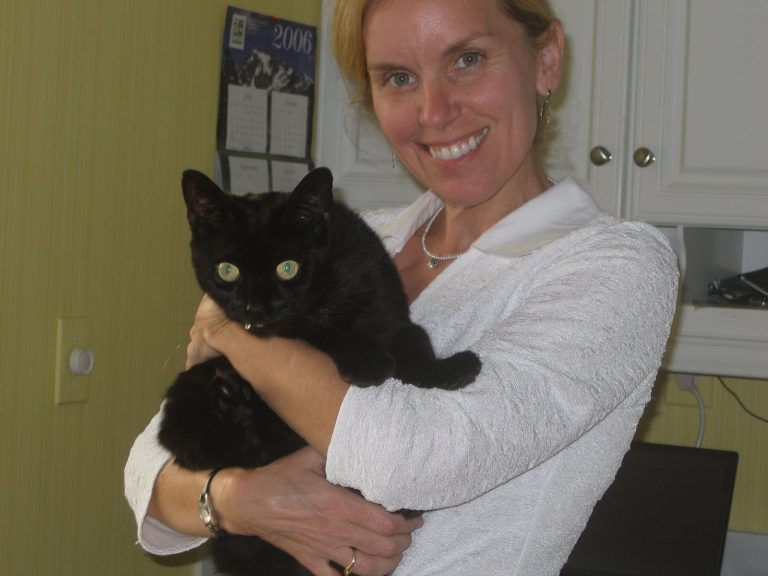
Dear English Department community, Welcome back, and a special welcome to newly declared English majors just joining us for the first time! Given how isolated we all have been since covid-19 erupted this past winter, it feels especially good to reconnect this fall, albeit virtually. My work as the chair of the Department…
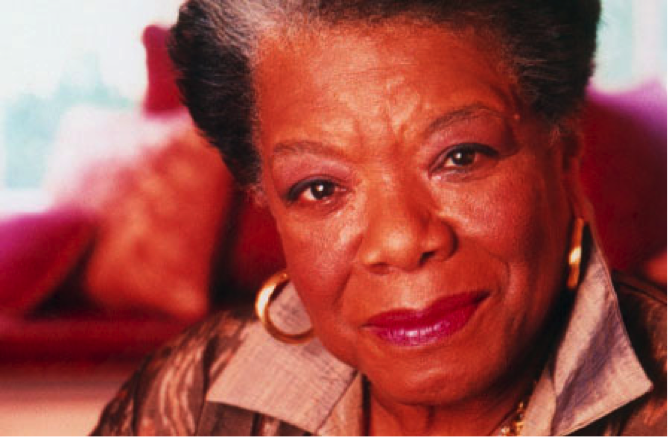
Still I Rise You may write me down in history With your bitter, twisted lies, You may trod me in the very dirt But still, like dust, I’ll rise. Does my sassiness upset you? Why are you beset with gloom? ‘Cause I walk like I’ve got oil wells Pumping in my living room. Just like…
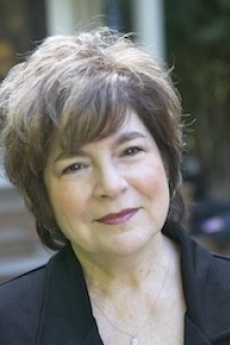
from the latest edition of the GW student publication le culte du moi American Girls by Jane Shore The first of the dolls she asked for was Addy, a Negro slave escaped from the Civil War. Addy arrived at Emma’s sixth birthday party wearing her historically accurate dress, drawers, stockings, cap-toed boots, and carrying a…

Eva Hansen reflects on her time with the GW English Department The Practicality of Impracticality; Or, Why Being an English Major Was the Best Decision I Made in My Undergrad Career Eva Hansen “Oh… what do you plan to do with that?” This question, along with the skeptical intonation, is one…